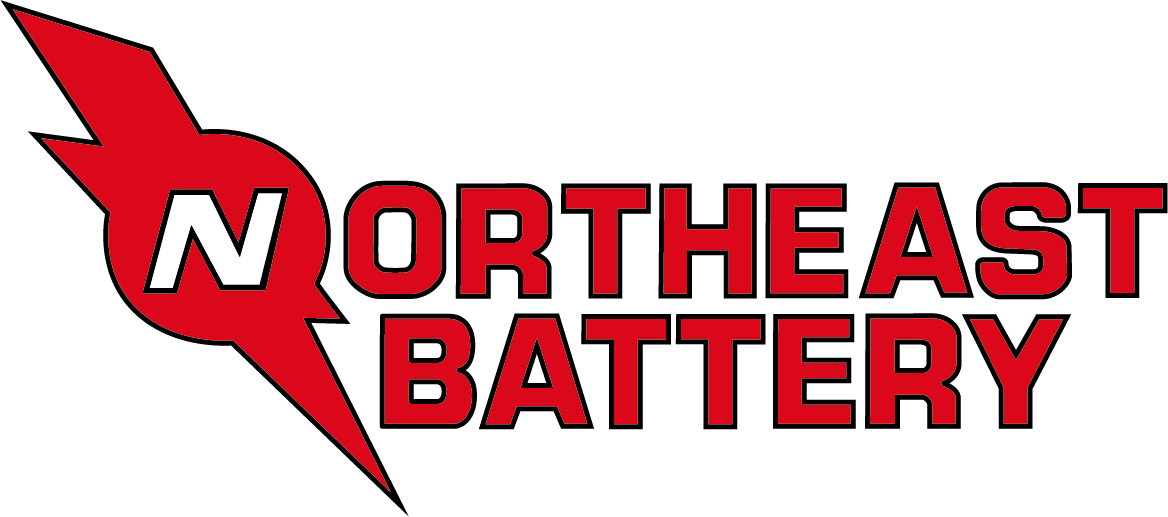The current spread of COVID-19 is causing unprecedented strain on our healthcare workers, hospitals, and healthcare facilities. We’ve all seen the coverage detailing the extend of this strain, like the shortages of essential PPE (personal protective equipment) to keep our doctors, nurses, technicians and others who are vital to containing the coronavirus.
Hospitals are ground zero, and more than ever we are realizing how absolutely indispensable they are. For us as consumers, the best thing we can do to help is to stay home, if we are able. As businesses, one of the best things we can do is provide the other essentials hospitals and healthcare facilities need to stay operational.
At a time when we feel powerless to help, providing power is the best help we can give.
Northeast Battery can provide DC power for hospital applications: emergency backup power in case of an out, power to laptop and medication carts used in treatment rooms, and even refrigerator backup.
Hospitals are full of technology, making battery power necessary to function. Whether its for portable communication devices and defibrillators or wheelchairs, battery power is a non-negotiable need. Some other devices in hospitals that rely on backup power include:
- pagers
- infusion pumps
- fetal monitors
- portable EKG monitors
- flashlights
- smoke detectors
- hearing aids
- portable
- nurses mobile work station
- mobile care apparatus
We all are feeling the effects of the COVID-19 virus, in both personal and professional life. Focusing on what we can do to prevent other issues or distractions during this time – like how to provide power in the case of an outage – helps ensure we can focus on containing the spread.
For more information on how our team can help, please reach out to Maggie Teliska at mteliska@northeastbattery.com. Maggie leads the stationary sales initiatives for Northeast Battery, focusing on providing power and energy solutions to stationary markets, like hospitals. Before this role, she served as a consultant to many companies along the battery supply chain in addition to serving as CTO of Regent Power, LLC, a Smart City host integrator. Maggie has a Ph.D. in Physical Chemistry from the George Washington University and a BS in Chemistry from Boston College.



Northeast Battery, a Stored Energy Holdings, Inc. Company